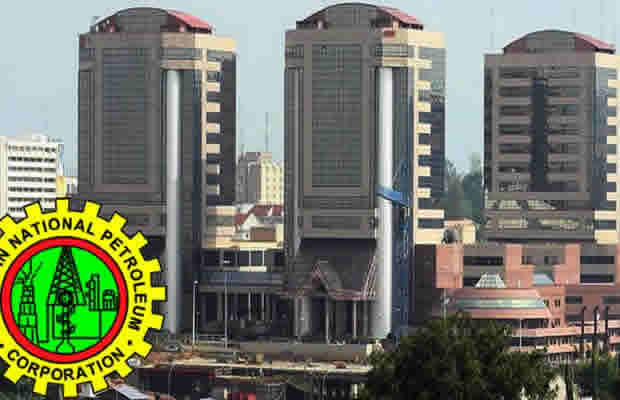
NNPC Rakes In $224.29m From Export Of Crude Oil, Gas
The Nigerian National Petroleum Company (NNPC) Limited posted a total of $224.29million receipt from crude oil and gas export in August 2021 against $191.26million recorded last July A breakdown of the figures








